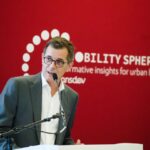Interview
Decarbonization
Invent new paths: The challenges of mobility
-
Antoine Grange
CEO Europe
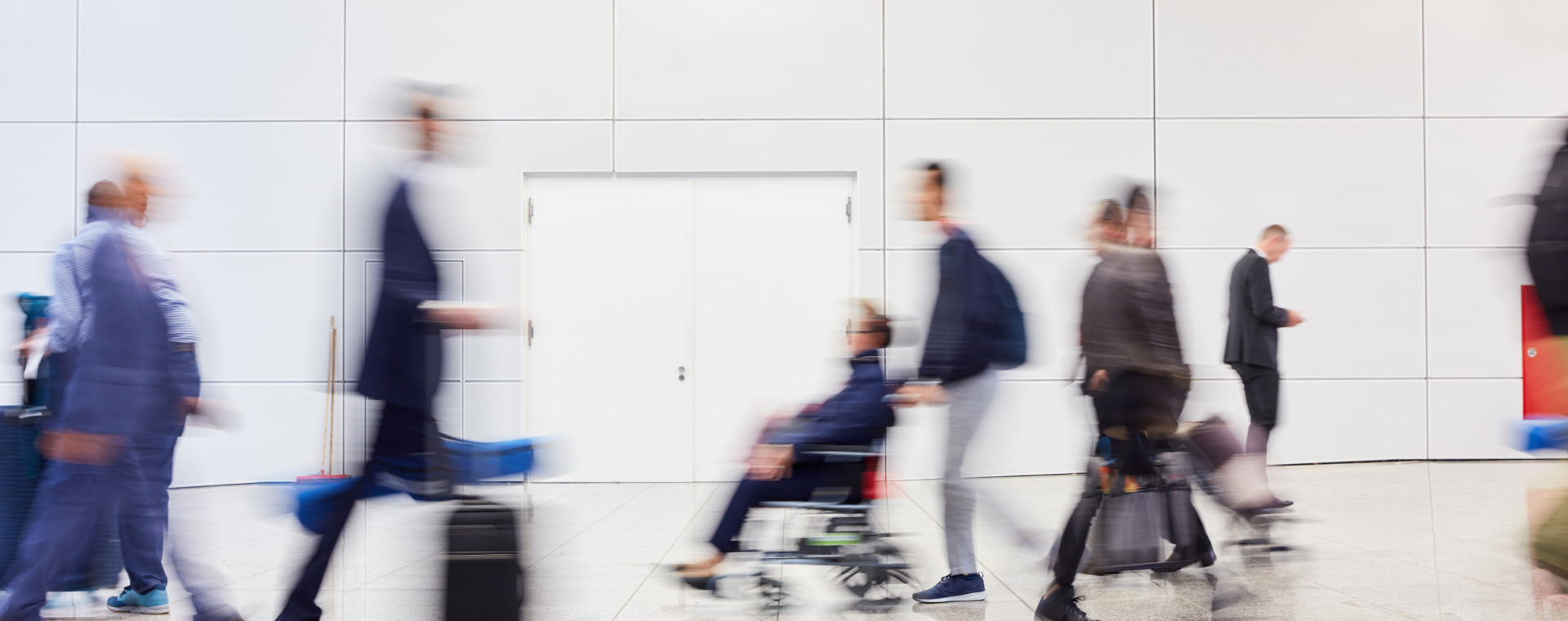
What does mobility mean to you?
Mobility is an expression of freedom. But with the ongoing challenges we are facing, the energy crisis, inflation, driver shortages, and the consequences of climate change, everybody’s freedom to move around has had a big cost. The challenge is: how can we make sure mobility continues to provide this freedom, while protecting the climate?
Is that what inspired you to create the Mobility Sphere?
Yes. We owe it to the younger generations everywhere in the world to invent new paths, break down walls and change our way of doing things. We need to think outside the box, and we believe our Think Tank, the Mobility Sphere, is the right tool to propose and debate ideas and solutions with the ultimate goal of providing low carbon and accessible transportation solutions for all.
Who is invited to participate?
We need all stakeholders’ ideas and contributions to move forward. An integral part of our approach is our “50 Questions for 2050” that we have started publishing on our website, and where everybody is invited to formulate a question about reaching carbon neutrality in Europe by 2050. It’s a very inspiring space.
This is also a crucial time for public authorities at all levels – local, regional, national and trans-national – to get together with industry representatives, experts and citizens to remove obstacles on our path towards carbon neutrality in mobility. We are seeking inspiring ideas from across Europe.
What are the main challenges facing Europe from a political perspective?
As Transdev Group’s CEO Europe, I see the main challenges as: decarbonization and how to finance it, and support for the right energy mix, as well as the development of public transport to reduce car use in peri-urban and rural areas.
Within transport, a shortage of drivers is also a real issue, involving questions of how to
attract and recruit drivers. This also ties in with the immigration question.
Europe will also need to accelerate adaptation. How do we adapt to rising temperatures? Together with clients, public mobility authorities, we need to target our investment for this adaptation, whether for vehicles, buildings or infrastructure. This includes air conditioning, canopies for shade, energy-saving measures and changes to working conditions.
Is there a single solution that can work for all places in the world?
No, of course not. The wider reality of mobility encapsulates extremely diverse situations and challenges, from the north of Sweden to the south of Portugal, from the inner city of Dublin to the countryside of Moravia in the Czech Republic.
In Sweden, for example, we equip our buses with a special battery thermal management system made for extreme climatic conditions.
And sometimes, urban rail networks are the best solution, like in Rabat, Morocco, where we operate the light rail urban network that has boosted daily passenger numbers to 150,000.
We always seek solutions best-adapted to the location, according to culture, habits and climate.
What they all have in common is our key idea: we don’t move vehicles around, we move people around.
You mentioned "thinking outside the box"... Do you have an example?
Sometimes an original idea is also simple. For example, we often hear that roads are the enemy because road transportation is a huge contributor to CO2 emissions.
But the problem is the polluting vehicles, no the roads. So by putting high-capacity electric buses powered by renewable energy on those roads we transform part of the problem into part of the solution.
-
 Interview
Access
Interview
Access
How can we ensure inclusivity in green transition policies?
Colin Scicluna, Head of Cabinet for the Vice-President of the European Commission for Democracy and Demography
-
 Interview
Climate
Interview
Climate
Democracy, mobility and climate change: what’s next?
Democracy, mobility and climate change: what's next? Ulrike Guerot answers this question for The Mobility Sphere.
-
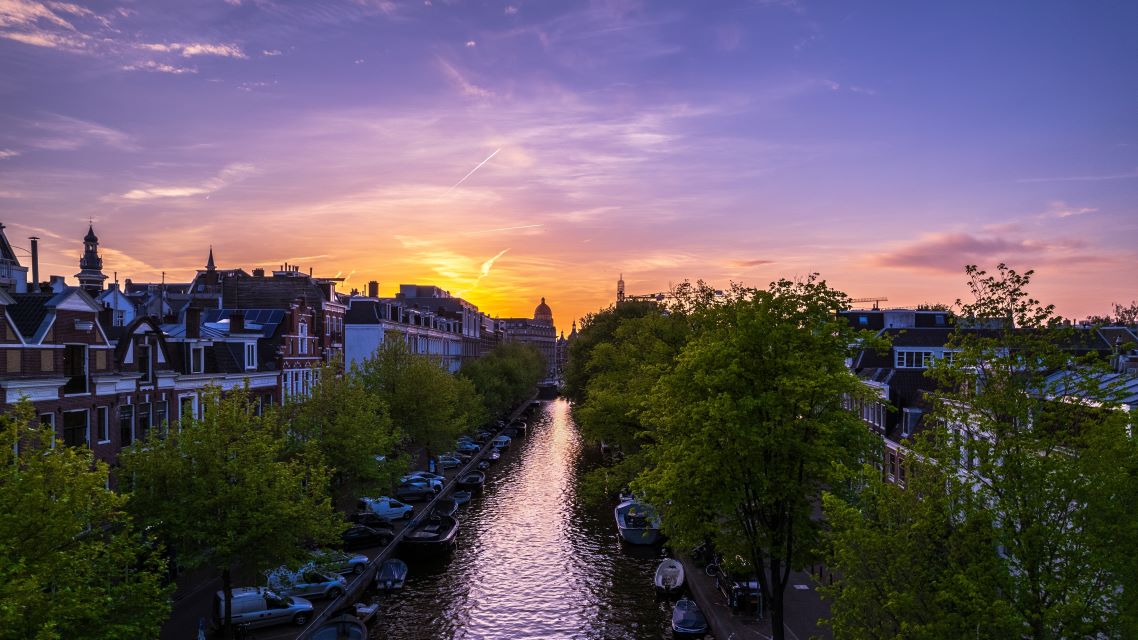 Interview
Decarbonization
Interview
Decarbonization
What measures can we take to ensure that all individuals are included in the energy transition?
Jilian Van Der Gaag, Senior Policy Advisor at the Municipality of Amsterdam.
-
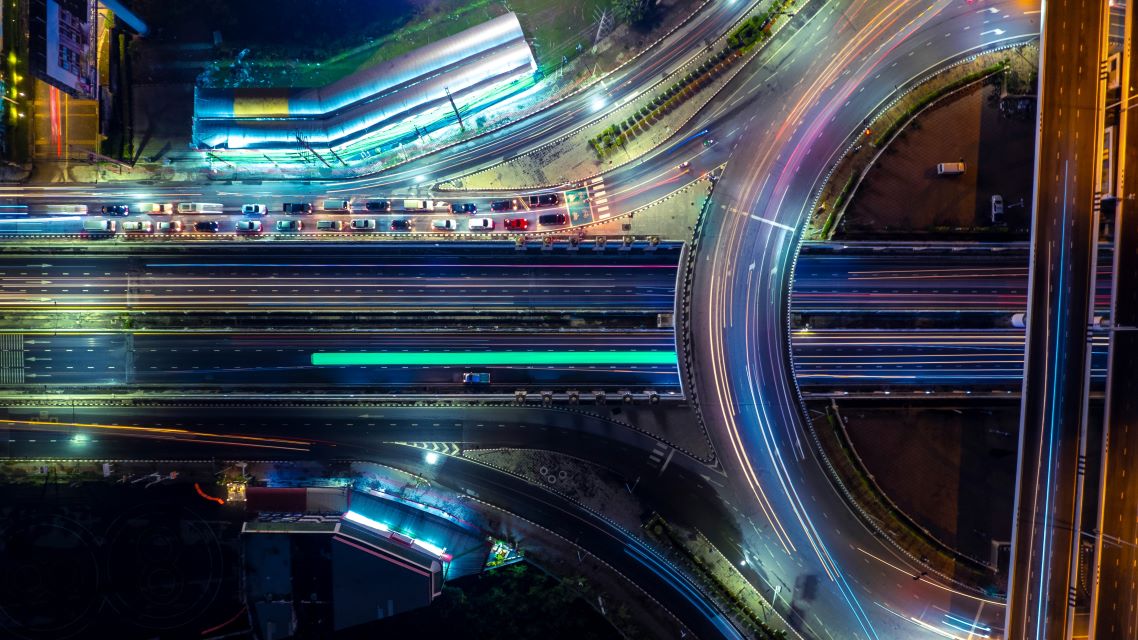 Interview
Cars
Interview
Cars
How can cities spur the shift from private cars to public transportation?
Jilian Van Der Gaag, Senior Policy Advisor at the Municipality of Amsterdam.
-
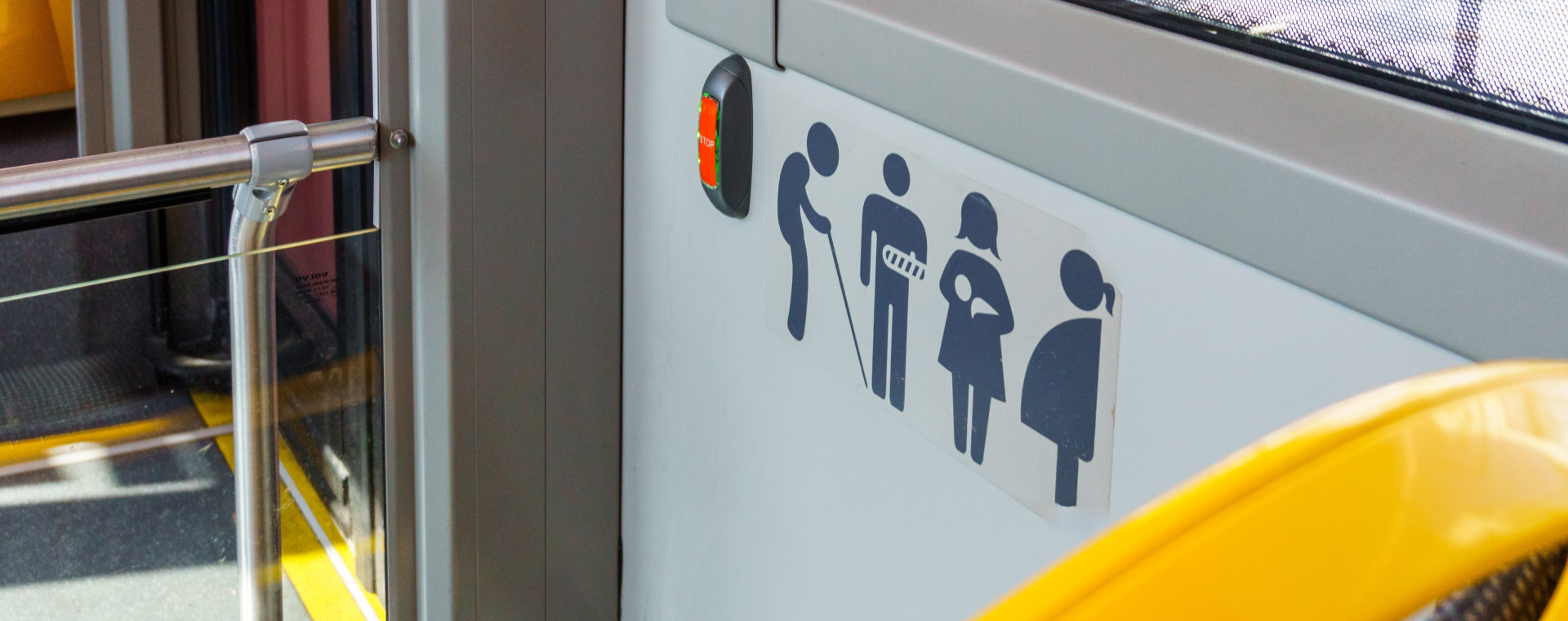 Interview
Access
Interview
Access
Will tomorrow’s mobility be inclusive and fair?
Dominique Riquet, Member of the European Parliament

